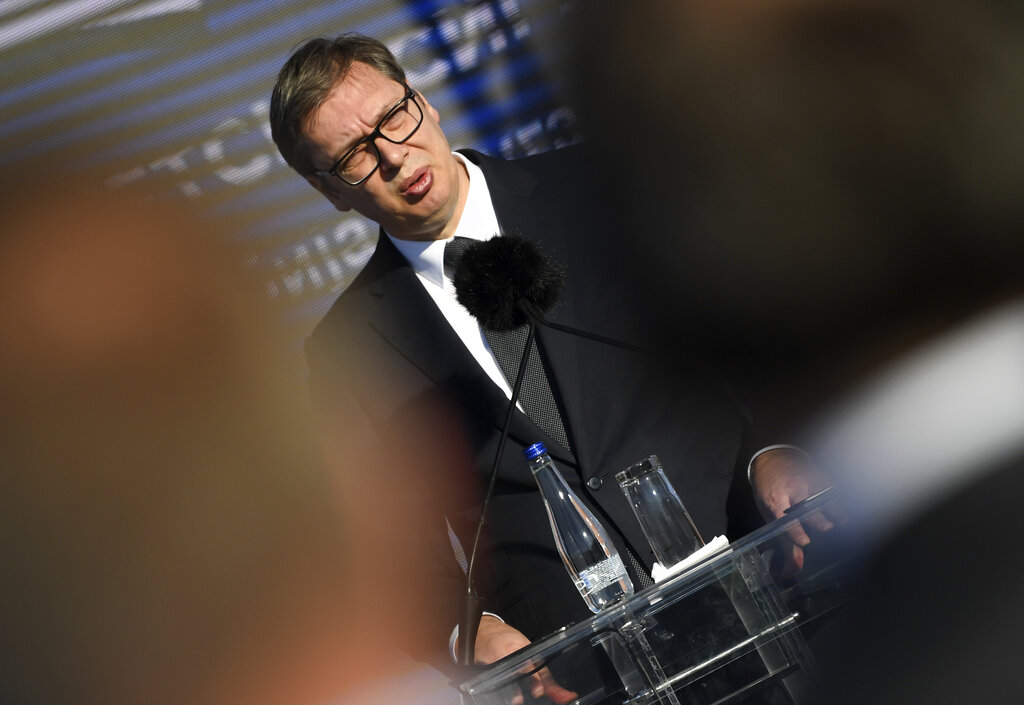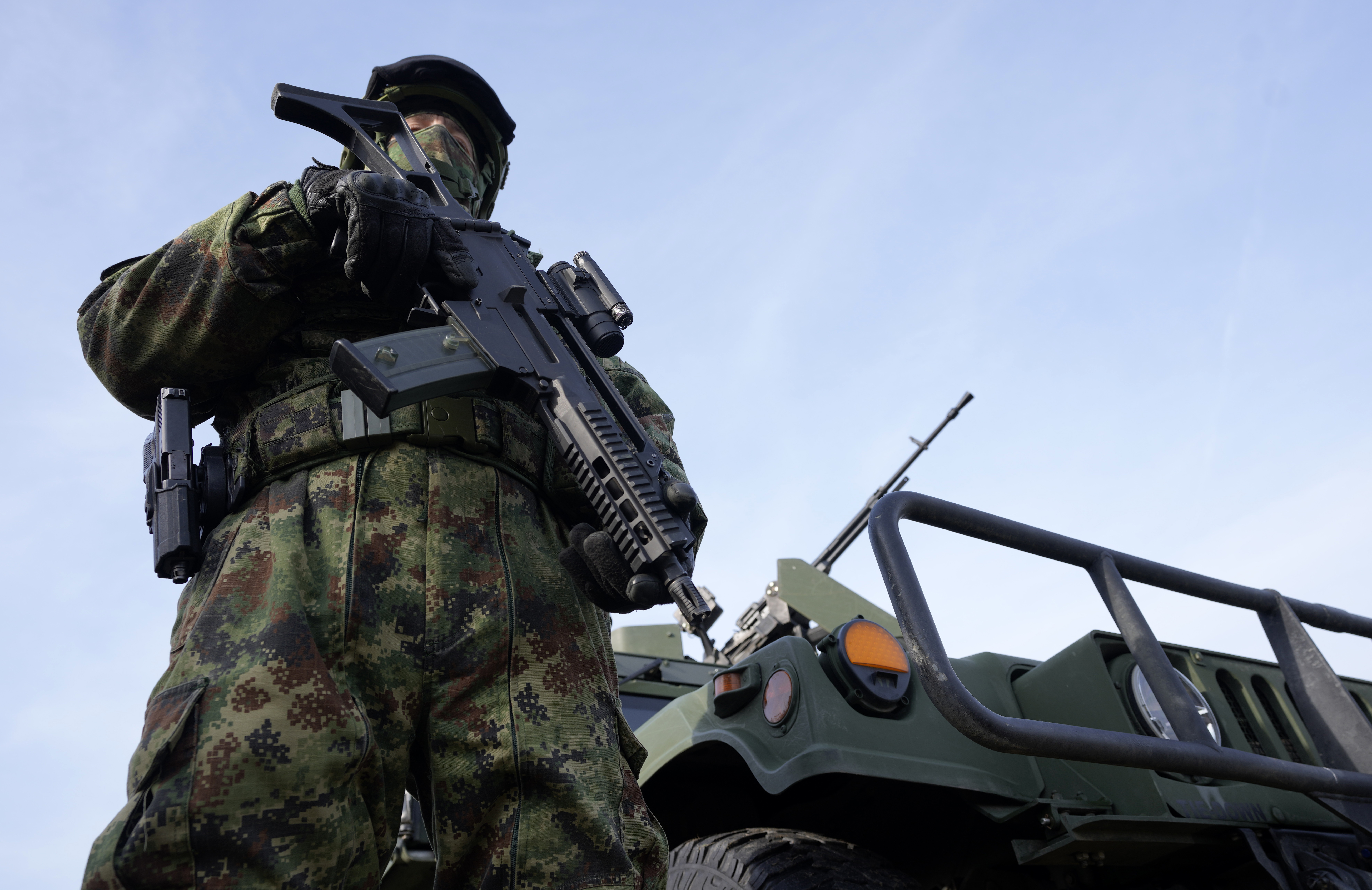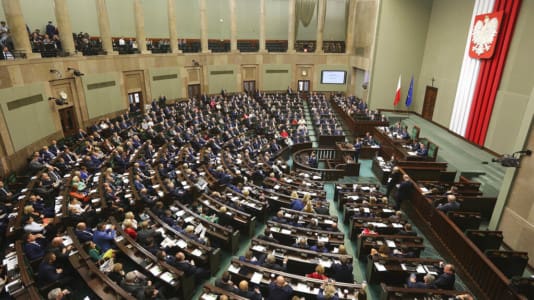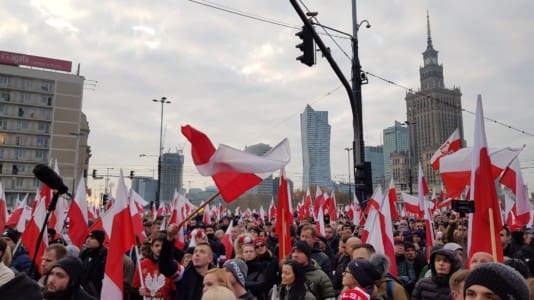The conflict between Serbia and neighboring Kosovo is approaching a boiling point, and there are fears an actual hot conflict could break out between the two countries. Aleksandar Vučić, the Serbian president and commander of the country’s armed forces, has placed the military on alert and canceled all his foreign engagements, and the Serbian government held an emergency meeting to address the crisis.
As Remix News reported last week, tensions between the two countries rose again over efforts by the authorities in Pristina to force the Serb minority to replace license plates dating back to the 1990s, when Kosovo was part of Serbia, with Kosovo-style plates. While it may seem absurd for an actual war to start over license plates, the background to this entails ethnic and territorial disputes between the two nations dating back decades.

Kosovo has tried several times this year to force people to replace their license plates, but it has met sometimes violent resistance in northern Kosovo, a stronghold of Serb nationalism. Last week, under pressure from the U.S. and the EU, Kosovo extended the transitional period for changing plates but warned that fines would begin after Nov. 21. After April 21 next year, it would start confiscating cars that do not comply.
If the recent history of the Balkans is any indication, chances are that things will only get worse from here. The gravity of the situation is further underlined by the fact that after the emergency session of the government, Vučić conferred with the Russia and Chinese ambassadors to Belgrade.
[pp id=54249]
Serbia — as well as Cyprus, Greece and Spain — have yet to recognize Kosovo as an independent state, and Serbia is highly unlikely to do so. The plains of Kosovo Polje, where the Serbs confronted the Ottoman Empire in 1389, a conflict which they lost, is deeply embedded in the nation’s collective memory, and they consider Kosovo “sacred Serbian ground.”
Much for the same reasons, the Kosovar Albanians are signaling they will not tolerate Serbs in Kosovo who they claim are not loyal to the nation.
For these Alabians, the Kosovo Polje field means something else, namely that the Christian Serbs have been chased off their ancestral territory and the Albanian Muslims have gained ground here — a development that they celebrate.
Serbia has come under extreme pressure from the European Union due to its close ties to Russia — its traditional ally. Serbia has pushed back against sanctions on Russia, and Russia has supplied the nation with weapons, resources, and diplomatic support. Last year, Moscow donated 30 tanks and 30 other armored vehicles to Serbia.
Given Serbia’s geopolitical weakness due to Russian entanglements in Ukraine coupled with Serbia’s diplomatic and geographic isolation, Kosovo may be pushing its advantage knowing that the EU and NATO will likely side with Kosovo should any conflict break out.






